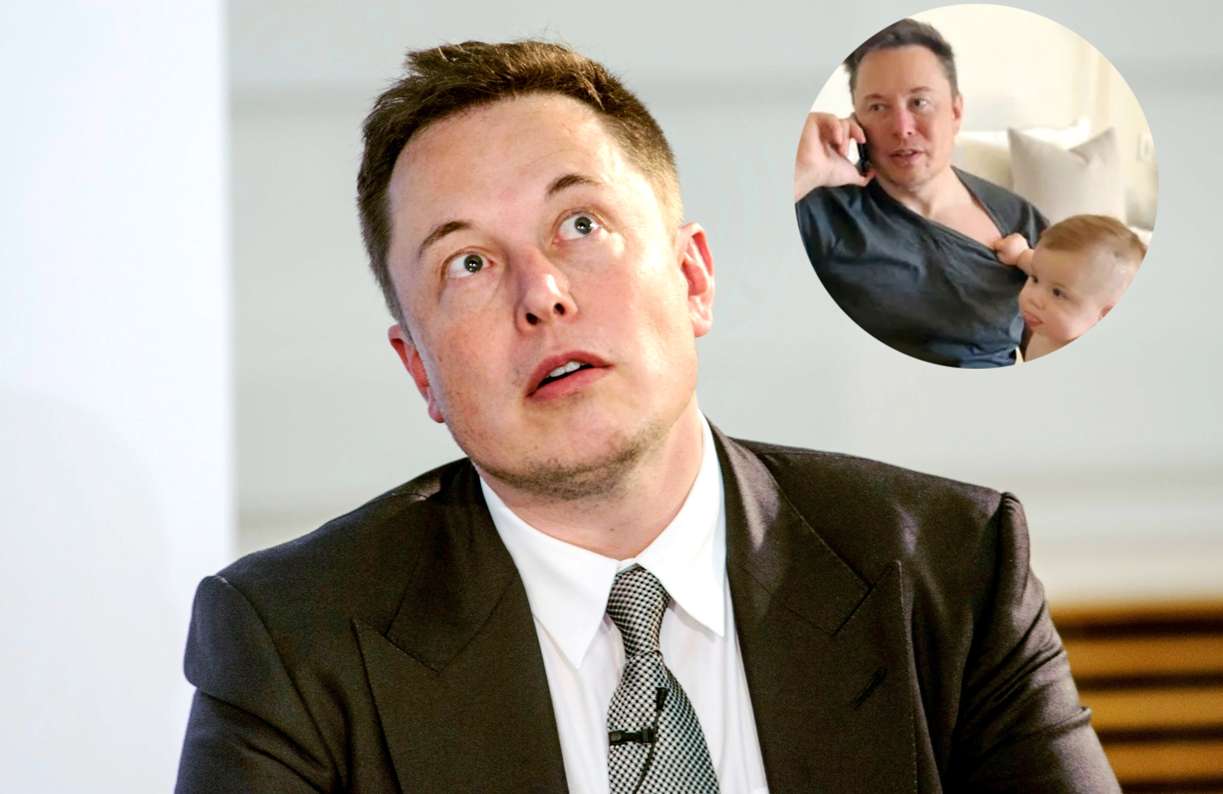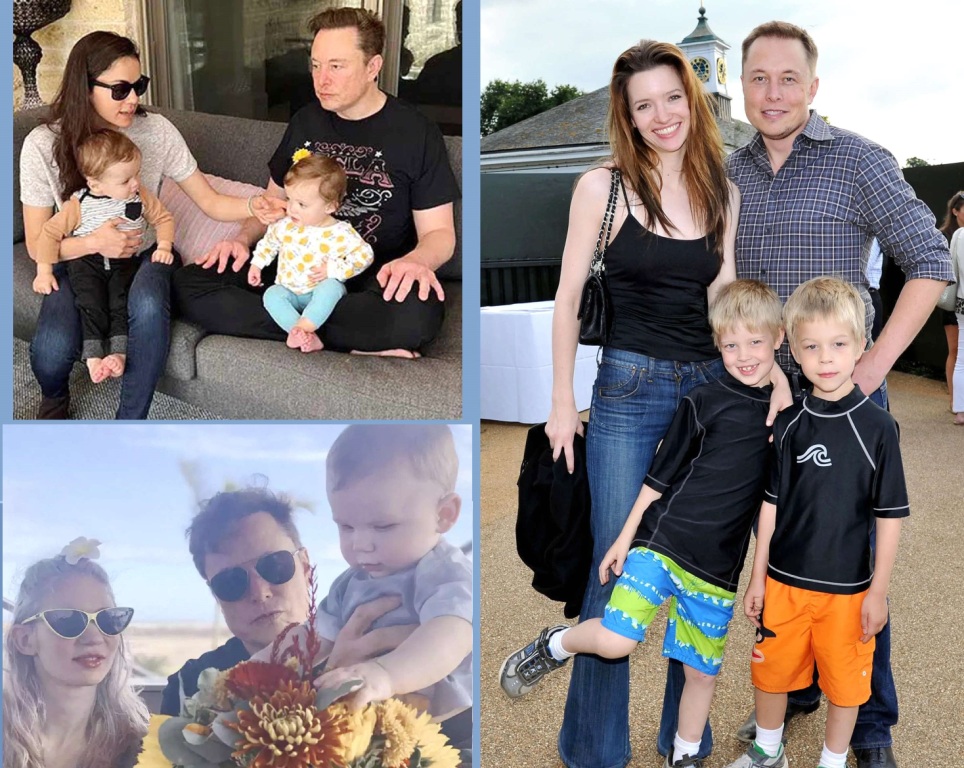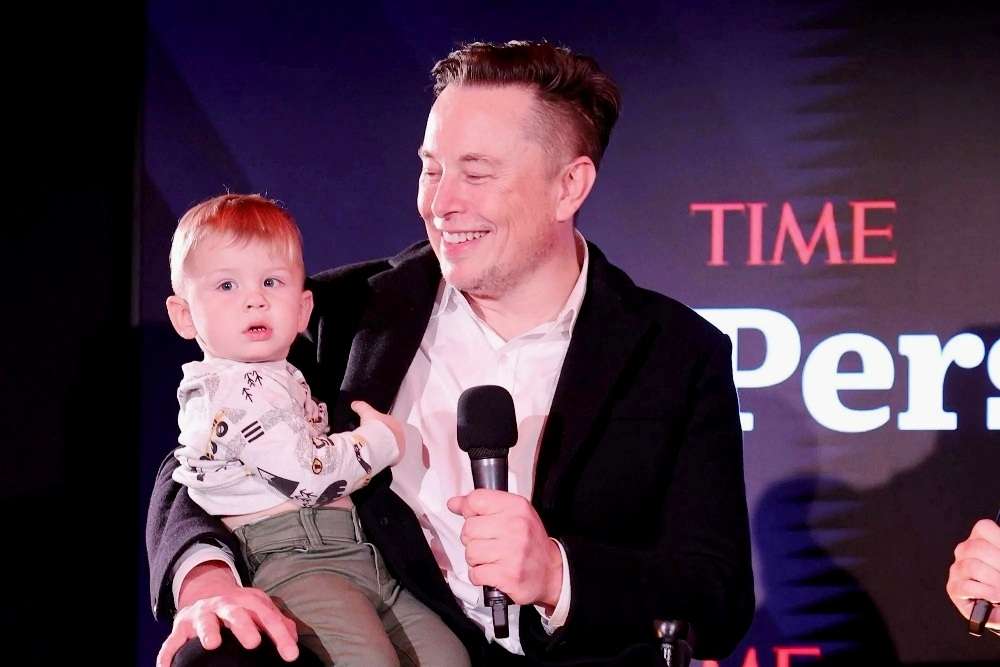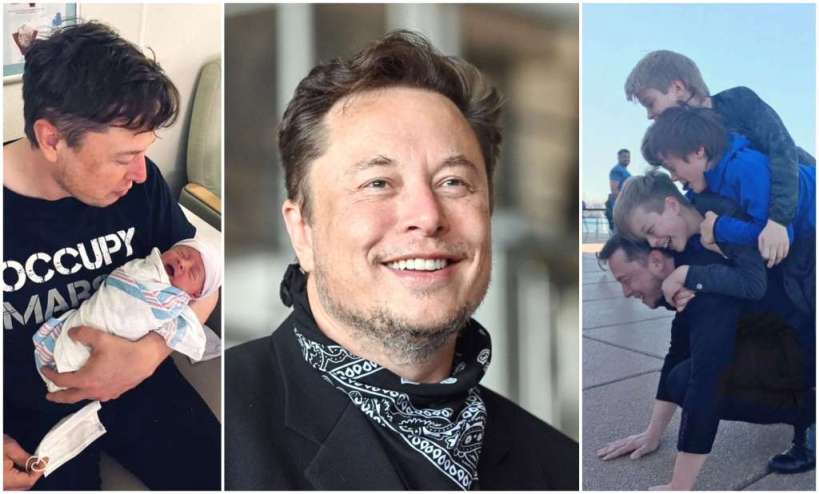Elon Musk's Reasoning for Having 11 Children is Flawed

Elon Musk, the visionary entrepreneur and founder of companies like Tesla and SpaceX is well known for having a bit more children than an average American. Musk is responsible for bringing a total of 11 children into this world (till 2024). Here are some details of them:
- Nevada Alexander Musk (died of Sudden Infant Death Syndrome, 2002)
Mother: Justine Musk - Griffin Musk and Vivian Jenna Wilson - twins (2004)
Mother: Justine Musk - Kai Musk, Saxon Musk, Damian Musk (2006)
Mother: Justine Musk - X Æ A-12 Musk (2020)
Mother: Claire Boucher (Grimes) - Strider and Azure - twins (2021)
Mother: Shivon Zilis - Exa Dark Sideræl Musk (2021)
Mother: Claire Boucher (Grimes) - Techno Mechanicus Musk (2022)
Mother: Claire Boucher (Grimes)

Musk’s Stance on Children
Musk’s ever-expanding family has become a topic of fascination and debate. With eleven children from three different mothers, the tech mogul has sparked discussions about fatherhood, responsibility, and his rather unique justification for such a large fam.
Musk recently expressed (once again) his concern about declining birthrates in the United States and globally. During the Milken Institute’s 27th Annual Global Conference, held from May 6 to 8, 2024, he emphasized the importance of having more children to ensure the survival of civilization. However, his views warrant a closer examination, as they oversimplify a complex issue
The Fear of Falling Numbers
Musk has linked his baby boom to a perceived decline in global birth rates. He has expressed concerns about a future with a shrinking workforce and a potential threat to civilization as a whole. Musk worries that declining birth rates in developed nations could lead to a future with a smaller workforce and a dearth of innovation. Musk has stated his belief that “smart people” should have more children. This viewpoint, as reported by Shivon Zilis, a Neuralink employee with whom he shares twins. Elon’s thesis is basically his reasoning or justification to all his critics that target him for having an unusual number of children, but it has raised eyebrows for its classist and potentially eugenicist undertones.
Is There Merit to Musk’s Math?
Musk’s assertion overlooks the broader context of global population dynamics. While some regions experience declining birth rates, others still have high population growth. The world population is projected to reach 9.7 billion by 2050. Focusing solely on declining birth rates ignores the complex interplay of factors such as urbanization, education, and women’s empowerment, which influence family planning decisions. The cost of raising a child in America from birth to age 18 has surged. According to a recent analysis, the average total cost is over $310,000 for a middle-class home.

Improving existing conditions
Rather than encouraging everyone to have more children, shouldn’t we be prioritizing investing in the well-being and education of existing children? Quality education, healthcare, and nutrition lead to a more productive and innovative society. He has an assumption that smart people are poised to have smart children; well, this could be true but that doesn’t mean that smart people should keep giving birth to offspring in order to uplift society. Something about this just doesn’t sound right.
Earth’s and Technology’s Limits
Earth’s resources are finite. A rapidly growing population strains ecosystems, exacerbates climate change, and threatens biodiversity. Musk’s vision of a multiplanetary species doesn’t address the environmental consequences of overpopulation on Earth. Musk’s belief in technological advancements solving all problems is overly optimistic. Innovation can’t indefinitely compensate for unsustainable population growth. We need holistic solutions that balance population stability, resource conservation, and technological progress.
Ethical Considerations
Musk’s argument lacks ethical nuance. It doesn’t consider the rights of women to make informed choices about their bodies and reproductive health. Advocating for more children without addressing gender equality perpetuates harmful stereotypes.
While birth rates in some developed countries are indeed dropping, it’s important to consider the context. Factors like economic instability, rising childcare costs, and changing societal views on family size all contribute to birth rate fluctuations. Simply focusing on raw numbers ignores these complexities. A larger population doesn’t automatically translate to a better future.

Beyond the Billionaire’s Bubble
Musk’s argument overlooks the global picture. Developing countries still grapple with high birth rates, often coupled with inadequate resources. Supporting these nations with family planning initiatives and improved living standards could have a far greater impact on long-term population stabilization. Innovation and progress aren’t solely determined by genes. A society thrives on a diverse and well-educated population. Ensuring equal access to education and opportunity, regardless of background, is a far more effective strategy for a brighter and sustainable future of humanity.
Elon Musk’s personal choices regarding fatherhood are his own. However, promoting his approach as a solution to global population trends is flawed. Focusing on quality of life, promoting sustainable development, and ensuring equal opportunities are more effective ways to secure humanity’s future than simply encouraging people to have more children.
